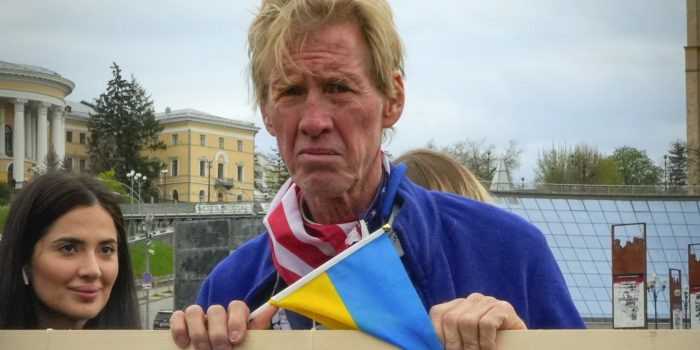(Ken Silva, Headline USA) The Justice Department notified the court Wednesday that it intends to intends to keep classified information secret in the case of Ryan Routh, the man accused of attempting to assassinate Donald Trump on his Florida golf course last September.
The DOJ said in a Wednesday court filing that it intends to exercise Section 4 of the Classified Information Procedures Act, which allows the U.S. government to keep state secrets just that: secret—even if it negatively impacts the rights of a defendant.
Indeed, Section 4 of the CIPA “authorizes federal district courts to deny, or otherwise restrict, discovery of classified documents and information,” according to the DOJ. Instead of having to provide a defendant with access to the actual classified evidence, the DOJ is allowed to summarize such evidence under Section 4 of CIPA. The DOJ signaled Wednesday that it intends to do that with Routh.
NEW: The DOJ said in a Wednesday court filing that it intends to keep evidence secret in its case against alleged would-be Trump assassin Ryan Routh.
Section 4 of the CIPA “authorizes federal district courts to deny, or otherwise restrict, discovery of classified documents and… pic.twitter.com/nSbMVqYoRu— Ken Silva (@JD_Cashless) February 13, 2025
“The defendant is charged with attempting to assassinate a then major presidential candidate and now President Donald J. Trump,” the DOJ said Wednesday.
“Due to the nature of the charges, the United States anticipates the need to file a motion for a protective order, ex parte, in camera, and under seal, pursuant to Section 4 of CIPA. That ex parte, in camera, under seal motion would refer to, relate to, or otherwise involve classified information.”
The DOJ’s Wednesday filing also nominated one of its lawyers, Daniella M. Medel, to serve as the classified information officer to review Routh’s discovery and decide what should be protected under CIPA.
The DOJ didn’t signal what evidence could be classified in Routh’s case, but it could pertain to his travels to Ukraine and connections to the U.S. intelligence community. Routh was recruiting fighters to go to Ukraine up to within days of his alleged Sept. 15 assassination attempt.
Routh is set to stand trial in September. His case is at least the second Trump assassination case to involve classified information.
In December, the DOJ filed a similar motion to keep classified information secret in the case of Asif Merchant, the Pakistani man who allegedly tried hiring two hitmen in an Iranian-sponsored assassination plot against Trump.
🚨IMPORANT: The DOJ has signaled that it will exercise its "state secrets privilege" to suppress evidence in the case of Asif Merchant, the the Pakistani who tried hiring 2 undercover FBI agents in the so-called Iran assassination plot against Donald Trump.
The state-secrets… pic.twitter.com/AlVBz1ZI5e
— Ken Silva (@JD_Cashless) December 20, 2024
As Headline USA has detailed, the notion that Iran conspired to assassinate Trump is highly dubious. In the Merchant case, the two hitmen he attempted to hire were undercover FBI agents introduced to him by one of their informants. Merchant appears to have been an unwitting dupe in an FBI sting operation.
However, the evidence that would prove whether Merchant was a legitimate assassin or an FBI patsy may never see the light of day, thanks to CIPA.
Ken Silva is a staff writer at Headline USA. Follow him at x.com/jd_cashless.

